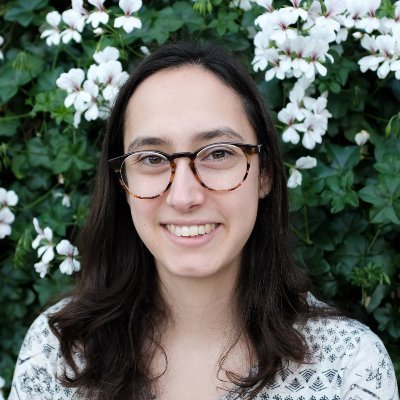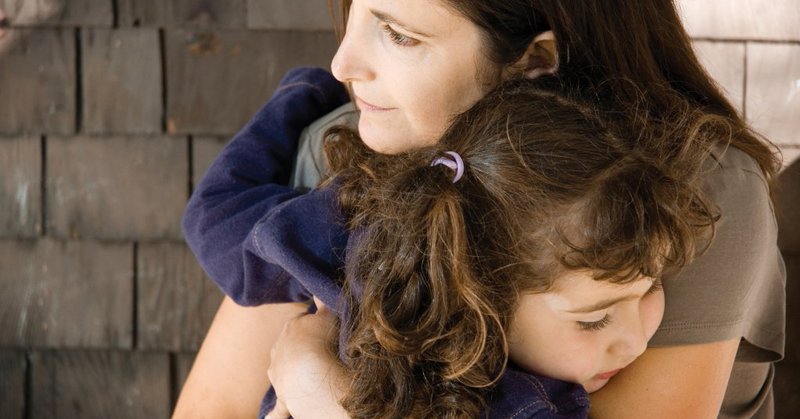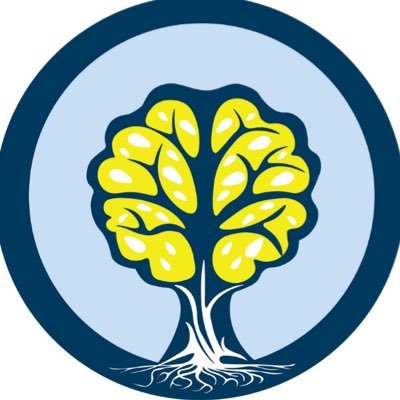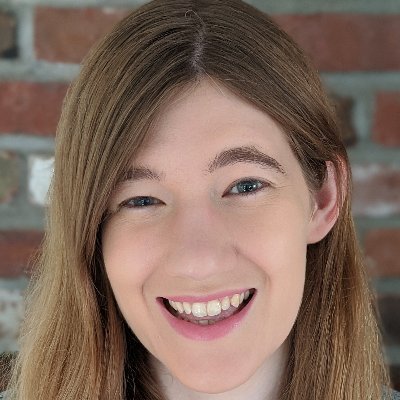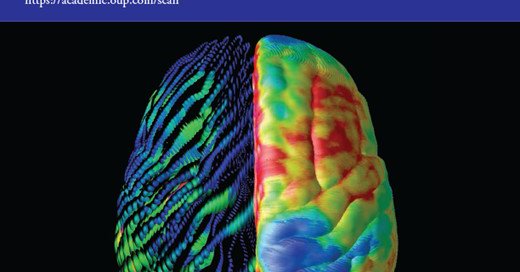
Dr. Jessica Uy
@JessicaUy_PhD
Followers
99
Following
74
Media
0
Statuses
20
Postdoc @GotlibLab studying how early experiences impact mental health, focusing on brain and body development. PhD @UCLA. (she/her)
Stanford, CA
Joined May 2021
How a Mother’s Childhood Affects Her Child’s Future: @JAACAP study finds maternal childhood trauma linked to larger amygdala volumes in female children, potentially protective against anxiety. Link: https://t.co/TYqA8rxvPU
#MentalHealth #AcademicTwitter @StanfordPsych @GotlibLab
1
6
14
🚨preprint alert🚨 Excited to share new work on developmental links between the microbiome-gut-brain axis and internalizing symptoms with @Dr_BCallaghan, @JessicaUy_PhD, Jen Labus, and the GUSTO study team 🥳 (1/n) https://t.co/dqbr0UAPOD (note: has not yet been peer-reviewed)
1
2
11
Along with our fantastic GUSTO collaborators, @JessicaUy_PhD and I wrote a paper on the transgenerational impacts of maternal childhood adversity on second generation children's brain and behavior. It was just featured in the NIH Spotlight! https://t.co/AEejMsKrid
nimh.nih.gov
In this NIMH-funded study, researchers examined how trauma gets passed from one generation to the next.
0
17
55
Many thanks to my mentor @BridgetCallagh3, co-authors Chloe Schwartz, @KristenAChu @emilyanntowner, Alejandra Lemus, @NatalieHBrito, and the families who participated in the study!
0
0
6
Findings highlight the impact parental behaviors have on children's fears during the COVID-19 pandemic and suggest differential effects by age.
2
0
6
However, parents who engaged in more comfort behaviors (e.g., physical touch, organizing fun activities, establishing routines) buffered the effect of community sources of threat on children's COVID-19 fear in older children (~ 11+ years), but not younger children.
1
0
4
Greater COVID-19 threat information from community sources (e.g., school, friends, media) was also associated with greater COVID-19 fears in youth.
1
0
2
We found that parents who reported greater COVID-19 fears more often transmitted threat information related to COVID-19 to their children, which was related to greater COVID-19 fears in younger children (up to ~ 10 years), but not older children.
1
0
3
We examined how parents' fears of COVID-19, expression of COVID-19 threat information, and comfort behaviors related to children's fears of COVID-19 in 283 children (5.5-17 years) from 186 families during initial lockdown (April - July 2020)
1
0
4
Excited to share my first publication from @BABLab_UCLA where we looked at how parental behaviors impact children's fears related to COVID-19. https://t.co/wVQTQrIa2O (more info below, also my first 🧵!)
onlinelibrary.wiley.com
The current study investigated the impacts of parental behaviors (threat communication and comforting) on children's COVID-19 fears and whether effects differed by age. Caregivers of 283 children...
1
9
54
New paper alert 🚨. Together with @Monk_Lab @DANLAB_Columbia and @clareamc we looked at the evidence for #BabyBrain in third trimester pregnant people. Spoiler alert - we didn't see it. Instead, we saw evidence for cognitive plasticity. Read on for details: A 🧵 1/9
7
37
155
#Adolescence is a period of remarkable growth & discovery as we adapt to the world. When policies & programs meet the core developmental needs of these years, we can support #positive development & reduce the impact of earlier adversity. Learn more 🌐: https://t.co/VklI0PsmBF
0
2
6
🚨 psych/neuro folks applying for faculty positions, we've collected resources for you! Multiple full sets of app materials, guides for writing every statement type, tips & powerpoints for navigating the process start to finish, hope they help! 🤞🤞 https://t.co/rB2cvOLLO2
3
95
182
SCAN has just released its special issue on 'Computational Methods in Social Neuroscience' edited by @parkinsoncm @SANS_news - its really fantastic https://t.co/RpNpEcXv8J
academic.oup.com
Abstract. Recent years have seen a surge of exciting developments in the computational tools available to social neuroscientists. This paper highlights and
0
25
56
just submitted a manuscript to a journal as the corresponding author for the first time! 🤞
0
0
4
Teens ages 12-17, check out our online study in partnership with Children Helping Science! 🧠👩🏻🔬 If you know an adolescent who wants to help us understand the development of protection and reward learning, please send them our link! 👇
0
8
11
BABLab @UCLA is recruiting study participants! Do you have an adopted or guardianship child 6-9 years old or a teen 13-16 years old? Join our ONLINE study to help us learn how early life experiences influence physical and emotional health! Please RT and share!
0
9
12
First time attending @PNIRS meeting - looking forward to all the exciting talks and posters! #PNIRS2021
0
0
1
Just joined Twitter! Excited to make some science friends!
0
0
1

